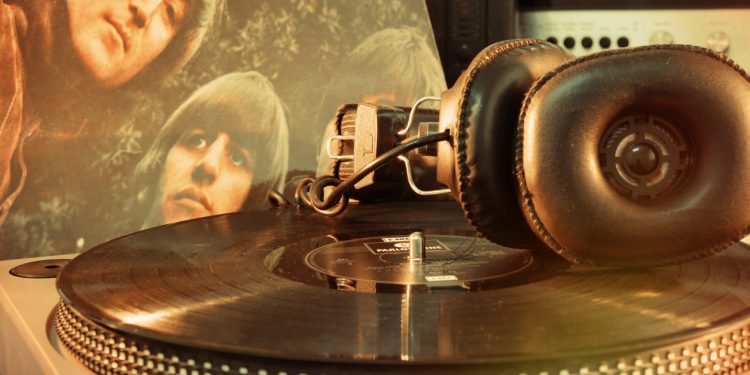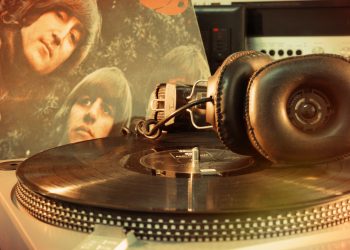con-un’-drum: a confusing and difficult problem or question.
When new students arrive at my shooting school they are usually carrying a box containing their new firearm purchase. Admittedly, they didn’t know much about picking out a weapon for self-defense and they rely on the sales person at the gun shop to assist them. This can be good or bad, depending on the gun shop, knowledge of the clerk, what’s in stock, and if the weapon meets the needs of the shooter. Students ask, “Is this O.K.?” and present it to me as if the box contained weapons grade plutonium. I tell them, “We’re about to find out.”
The contents of their box usually produces a micro-compact pistol of small caliber. It is new, has not been cleaned, and tags are still attached to the frame. Let’s call it a pocket gun. In theory, a pocket gun sounded like the right idea at the time. Buy the smallest gun made so that its bulk won’t cause problems when I chuck it in my purse or pocket. However, the tweezers and magnifying glass needed to operate said weapon may have been an indicator of operator difficulty. I have diminishing eyesight and need my cheater readers. Sometimes, my grip just lets go due to arthritis. Working the controls on this little guy could prove challenging. I’m having second thoughts about my purchase. What if I can’t operate this platform? Can I get my money back? All good questions.
Think of driving cross country… What car would you pick? A convertible with the top down seems romantic but there’s not a lot of room for suitcases and you may want something a bit more luxurious. A crew cab pick up will get you up in the air and put a little more metal around you, for safety’s sake?
Now think guns! How big is too big? How small is too small? What does Baby Bear, just right, look and feel like? These are questions that only you are going to be able to ask and answer for yourself. One way to do this is handle a lot of guns at the store. Counter attendants aren’t usually too receptive to the tenth or twelfth request to handle a new firearm. Renting a potential shooter from a range is another option but can get expensive, quickly. Going to the range with a friend often leads to FGE or friend’s gun envy, a well known psychological disorder that I just made up. What to do? Shoot a few larger framed weapons. Try some really small micro pocket pistols. More than likely, you will find some comfort in the mid-range weapons that are “just right.” Where can I do all this?” you ask. (Read the byline at the end of the article.)
Here’s the conundrum… Big guns shoot well but are difficult to carry on your body and even harder to hide. Larger weapons make great bed stand guns for self-defense. Almost everyone shoots a larger gun better. Controls are larger, thus, easier to manipulate but larger springs can require a little more strength than you may have.
On the other hand, small guns seem like a good idea because they cut weight and bulk from the equation. However, smaller guns tend to malfunction more often. They can be more finicky about the ammo they will feed and oftentimes are tough to get a firm grip on. Then there is recoil (felt recoil.) A smaller framed weapon in the same caliber as a larger one may feel like a bomb going off in your hands.
The answer is try before you buy! Once you walk out of the shop it is yours, forever, or until you decide to get ripped off going back to buy another weapon and they offer 25% of its worth in return. Before you get mired in the quicksand that is newbie gun owner territory, give me a call. Let me walk you around the pitfalls before they become an issue.















